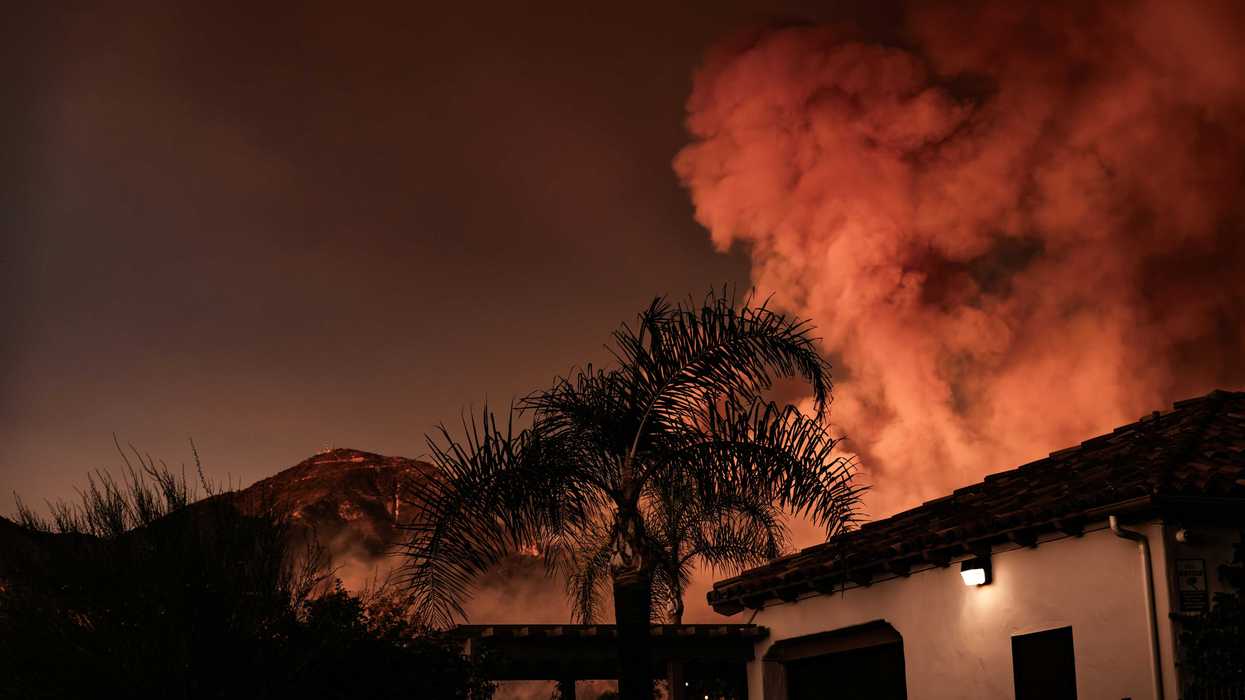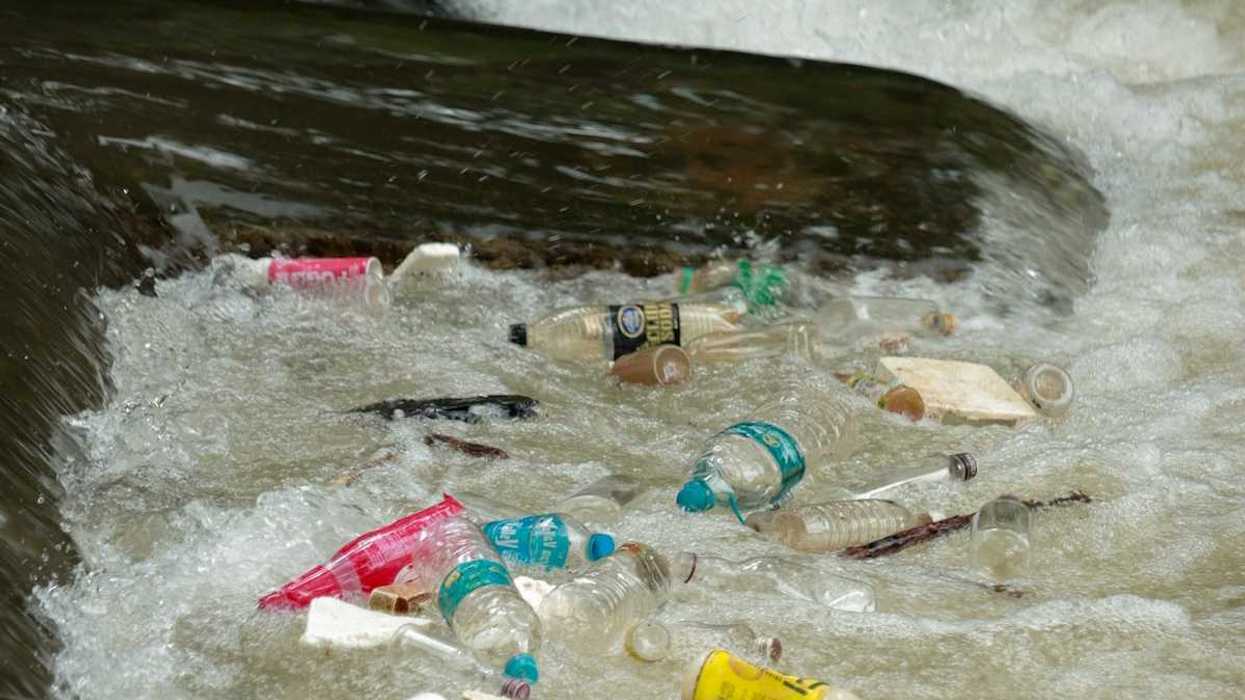Federal buyouts and retirements are depleting U.S. agencies of experienced staff in energy, environment, and public health, raising concerns about long-term policy capacity.
Hannah Northey, Heather Richards, and Sean Reilly report for E&E News.
In short:
- Thousands of employees across the U.S. Department of the Interior, Department of Energy, Environmental Protection Agency, and the Department of Agriculture are retiring early or accepting buyouts as part of the Trump administration’s push to reduce federal workforce size.
- Staff losses include senior leaders and technical experts critical to energy grid security, environmental regulation, public health, and wildlife management, with many key positions now filled on an acting basis or left vacant.
- Remaining employees warn that diminished institutional knowledge will undermine the government’s ability to implement complex policy initiatives, including Trump’s own energy and permitting agendas.
Key quote:
“You can’t understate the expertise and institutional knowledge we’re losing.”
— Career staffer, Department of Energy
Why this matters:
The departure of thousands of seasoned federal employees from agencies overseeing energy, environment, and public health could have wide-ranging effects on national policy and public safety. Federal staff reductions often mean that critical institutional knowledge walks out the door, leaving behind gaps that can’t easily be filled. In agencies like the EPA and DOE, this knowledge is essential for managing complex tasks such as protecting water and air quality, overseeing hazardous waste, and supporting the transition to renewable energy. The loss also affects wildfire mitigation, national park operations, and endangered species protection. Without experienced personnel, new regulatory actions risk delays, legal challenges, and errors that could have lasting environmental and health consequences. Moreover, the exodus hampers the recruitment and mentoring of younger professionals, potentially stalling future innovation and leadership.
Read more: Editorial: Public health protections unravel as U.S. science agencies face political cuts














